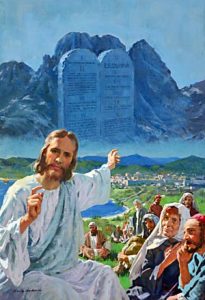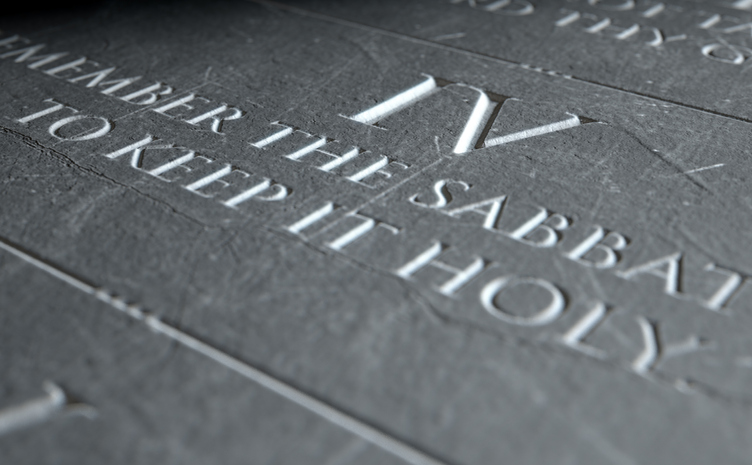What is the Seal of God?
There are varying opinions about what the seal of God is. It sounds like something we need to protect ourselves from evil and show we worship God. In the end, one either receives the mark of the beast or the seal of God, depending on whom we worship.
Many Christians believe this seal is the Holy Spirit. Ephesians 1:13 says we are “sealed with the Holy Spirit of promise”.
On the other hand, this could mean that the Spirit is the agent of our sealing—that we are sealed with or by Him. Ephesians 4:30 seems to verify this when it says: “And do not grieve the Holy Spirit of God, BY WHOM you were sealed for the day of redemption.”
So, if not the Holy Spirit, what might be an alternative idea for what the “seal” is? There is a growing group of Christians, who seem to have an answer, lying right under our noses.
Since we’ve been told that saints are those who keep the commandments of God (see Revelation 14:12 and Prophecy 106), perhaps we can look at these commandments for the desired seal we’re looking for. The fourth commandment, the one that reminds us to worship on the Sabbath, might just be the answer.
One would expect that the one piece of writing in the scriptures that consisted of commandments written by God Himself would contain a seal: something to declare its unique authorship. Ancient documents of this nature have notoriously contained a seal to protect the integrity of the document by declaring the name, title, and territory of the author.
“Remember the Sabbath day to keep it holy…For in six days the Lord [His name] made [His title: Creator] the heavens and the earth, the sea and all that is in them [His territory], and rested the seventh day…” Exodus 20:8, 11
We find in the three angels’ messages (see Prophecy 104) that the first angel’s message is about worship and uses language similar to the Sabbath commandment, the fourth one. We are told specifically to worship our Creator (Revelation 14:7).
Also, was it just a coincidence that Revelation chapters 2 and 3 talk about seven churches, followed by seven seals, seven trumpets, and seven plagues. This number must have great importance. It is the number mentioned most in biblical prophecy–42 times in Daniel and Revelation alone.
As we know, the book of Revelation is full of symbols, including numbers. The number four has been found to represent a universal truth, something shared everywhere in the universe (Matthew 24:31). And the number seven represents God and His perfection, including the perfect creation of our world.
Read this passage in Revelation 7:1, 2 about the seventh seal, the last one. It mentions four angels, standing at the four corners of the earth, holding the four winds of the earth.
These numbers seem to shout at us to remember the fourth commandment, a universal truth about the seventh day, the Sabbath.
This commandment, above all others, may play a pivotal role in the end of earth’s history that will seal us, making us belong to our Creator God in a special way (Exodus 31:13). God sanctified the Sabbath, a perfect sign that He sanctifies us as well.

How exciting it is when we become one of those who are now, or will in the future, worship on the day God made holy for us at the beginning (Genesis 2:2.3).










